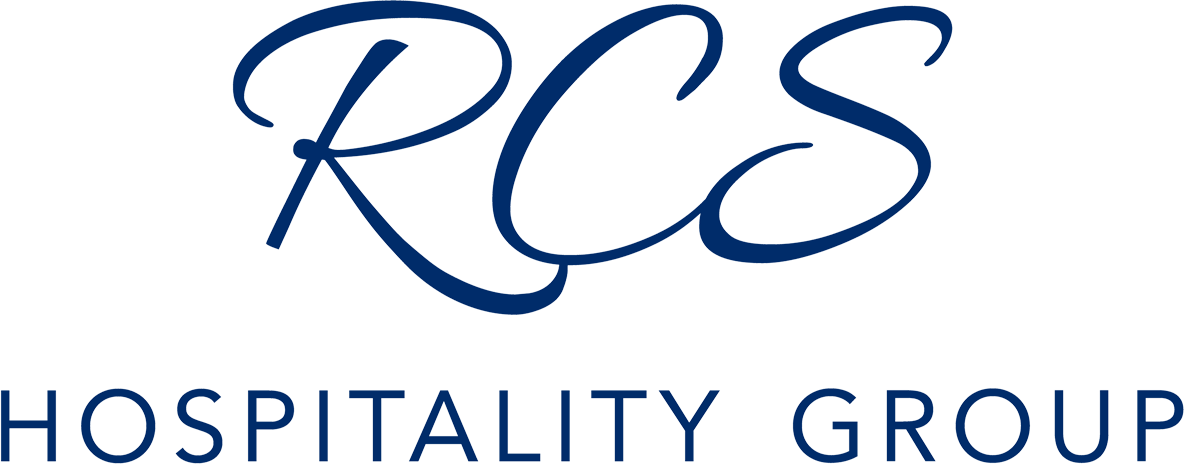 The busy season is a revenue driver—but it can leave behind something clubs cannot afford to lose: a burned-out team.
The busy season is a revenue driver—but it can leave behind something clubs cannot afford to lose: a burned-out team.
At RCS Hospitality Group, we work with private clubs across the country and consistently see a key difference between good and great operators: they plan not only for peak performance, but also for recovery.
As you navigate the demands of the summer season and onboard new team members, here are practical strategies to reduce burnout, retain talent, and reinforce a culture of resilience.
Understand the True Cost of Burnout
Unchecked burnout affects more than individual well-being—it impacts your bottom line:
- High turnover, especially among F&B and seasonal staff
- Decline in guest/member satisfaction.
- Lower productivity and morale
- Long-term damage to workplace culture and reputation
Spot the Signs Early
Burnout rarely happens overnight. Watch for early warning signs that may signal stress or fatigue among your team.
- Decline in service standards.
- Increased absenteeism
- Short tempers or interpersonal conflict
- Low engagement in meetings, training, or team discussions
Treat signs of burnout with the same urgency as financial underperformance—both are leading indicators of deeper operational issues.
How to Recharge Your Team
Here are practical, high-impact actions your leadership team can take right away:
- Schedule decompression time: Structure time off for key team members after peak periods to reset and recover.
- Shift rotations: Lighten the load on overextended roles by adjusting responsibilities or rotating tasks.
- Wellness perks: Spa passes, massages, mental health stipends, team lunches—small investments go a long way in showing appreciation and boosting morale.
- Recognition + reflection: Host post-season debriefs focused on gratitude and learning. Share what worked well, identify areas for improvement, and highlight member feedback or success stories.
Culture Is Strengthened In the Off Season
Burnout is often a symptom of short-term thinking. Great leaders use the slower season to:
- Crosstrain staff to build bench strength and operational flexibility.
- Offer development opportunities and training to open career path conversations.
- Reinforce appreciation through intentional, consistent recognition.
Remember, culture is a capital asset. It either appreciates—or depreciates—based on how you manage it during the quiet months.
Where a Strategic Partner Adds Value
Recovery should be part of your operational strategy—not an afterthought. RCS can help you with strategic planning and training to ensure your team is operating at peak levels. Let us know how we can help your club build a high-performing hospitality culture that thrives through every season.









